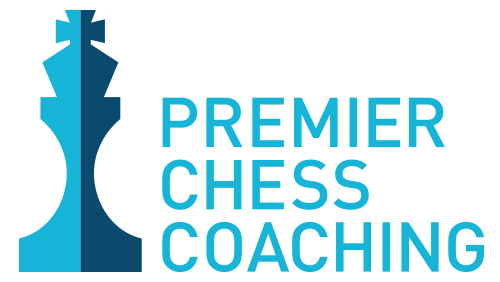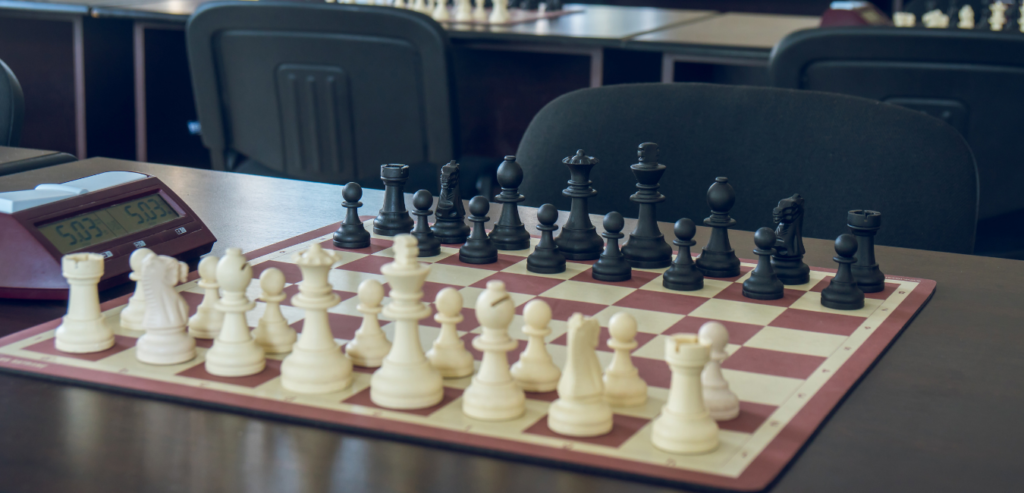While the fundamentals of tournament chess are of course the same, many new players are intimidated by tournament chess because it’s the etiquette they don’t have a grasp on quite yet. We’re here to tell you that this is normal, and completely understandable. Let’s go through some of the basics together, so you’re ready for your first tournament.
1. Watch your hands.
As a new player, or even a veteran, you might be inclined to adjust your pieces after you place them. This is completely natural, yet you should control this impulse during tournament play. It can get distracting and confusing for your opponent. If you do need to adjust your piece, it’s proper chess etiquette do so on your own turn after announcing “adjust!” to your opponent.
Moreover, learn to play with one hand. The same hand that moves your pieces should be the same hand that operates the clock. This is a tricky impulse to control, but an important rule to follow for tournament play.
2. Ask to review the game
After your match, it’s always great to ask your opponent to review it with you. You can gain some huge insights that will propel your play in the right direction. Don’t be discouraged if your opponent declines your request, as that does happen. Luckily, if you’re a new player, you’re probably matched with an opponent that has similar tournament experience as you that would love to go over the game. Or if you have a chess coach, this might be a great time to get some insights from them.
3. Practice recording your moves
As a beginner, and depending on the nature of your chess tournament, you might be asked to record your moves. Don’t sweat it. It’s proper chess tournament etiquette to record your moves in case of dispute. For classical time control, it is required to record your moves. That’s why you should be prepared by practicing your algebraic notation before tournament day. For faster play it is not required, but it can be a great practice to do so regardless. It helps you review your game and encourages you to slow down your play a bit, which helps most new players.
4. Get a chess coach.
There is no easier way to both get into tournament play confidently, and get the most knowledge out of it, than to have a chess coach by your side. Chess tournament etiquette is admittedly intimidating to navigate, and having someone in your corner can be a huge boost to confidence. Plus a tournament setting is a great place for your coach to help dissect your games and give great advice.
Chess tournament etiquette is a big hurdle for beginner players, but once you get a grasp of it, you’ll have a great time! If you would like some help with your tournament play, or if you would like to join a friendly chess club of your own, get in touch with us here. We’re always looking to help new players join the world of chess.


